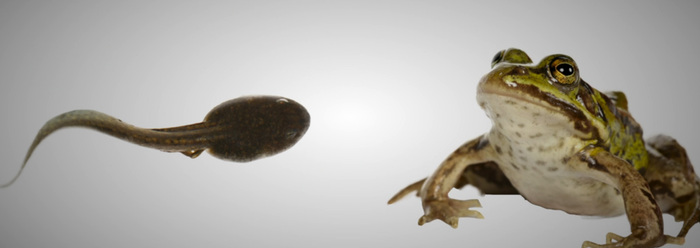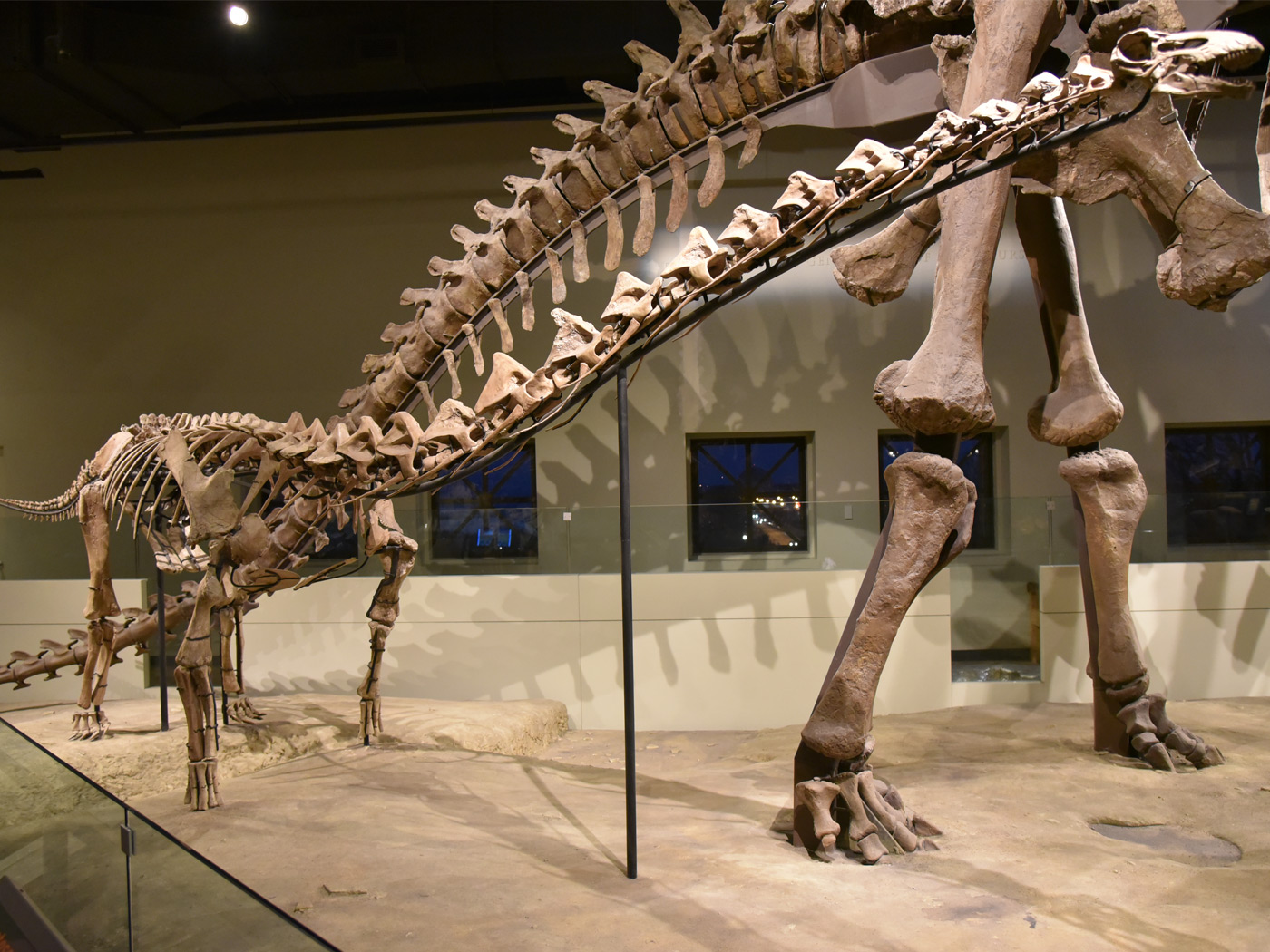On October 7, 2008, University College London professor and geneticist Steve Jones delivered a bold lecture entitled “Human evolution is over.”1 In the past, he stated, elderly fathers provided more mutations for evolution to work with. Now that men are becoming fathers at younger ages, humans are not evolving much at all.
Just days earlier, Yale University researchers posted a report titled “Key to Rapid Evolution in Plants: Reproduce Early and Often,”2 concerning a computer survey of plant DNA sequences. They found that flowering plants that reproduce when young tend to “evolve” (diversify within their kind) more quickly.
Since aging organisms accumulate more mutations, this purported mechanism for macroevolution should be consistent whether it applies to plant or animal. And yet these two research entities came to opposite conclusions. So, which one is true? Is evolution slowed or spurred by “early and often” reproduction? Is either supposition even correct?
A new model describing how biological differences arise may help clear the confusion. Dubbed “facilitated variation,”3 the model proposes that primary information in living things is stored in tightly guarded modules. These modules are variously mixed and matched between generations, then rewired during embryonic development. The modules are life’s “conserved core processes”4 and can be thought of as static blocks that can be reassembled in different configurations for every new generation. Which module ends up where is partly due to chance, but the technical “rewiring” of the modules is programmed by secondary “metainformation.”
In this context, and as creation-minded biologists have maintained for years, the plant variation that the Yale research team observed did not come from mutations at all. The shuffling of modules within each created kind explains the observations.5
Dr. Jones’ proposition that human evolution is slowing down because fathers are getting younger would not necessarily be accurate either. Complex, specified information has not been observed to arise from mutation, so even older, mutation-laden fathers could not, in principle, fuel evolution. If “evolution” (variation) in humans is indeed slowing down, it could be due to the fact that the possible combinations of “information modules” has been used up and thinned out among so many people for thousands of years.
If the facilitated variation model is accurate, it would reveal not only that theories of macroevolutionary changes are based merely on human speculation about how mutations produce new forms, but it would also show, for those willing to see, that a forward-thinking God outfitted His creatures with various intermixable modules that have enabled them to adapt to difficult and changing environments. “The works of the Lord are great, sought out of all them that have pleasure therein.”6
References
- Belluz, J. Leading geneticist Steve Jones says human evolution is over. The Times. Posted on Timesonline.co.uk October 7, 2008, accessed October 7, 2008.
- Reproducing Early and Often is the Key to Rapid Evolution in Plants. Yale University press release, October 2, 2008.
- Gerhart, J. and M. Kirschner. 2007. The theory of facilitated variation. Proceedings of the National Academy of Sciences. 104 (Suppl 1): 8582-8589.
- Ibid, 8583-8584.
- Williams, A. 2008. How Life Works. Journal of Creation. 22 (2): 85-91.
- Psalm 111:2.
* Mr. Thomas is Science Writer.
Article posted on October 17, 2008.
























